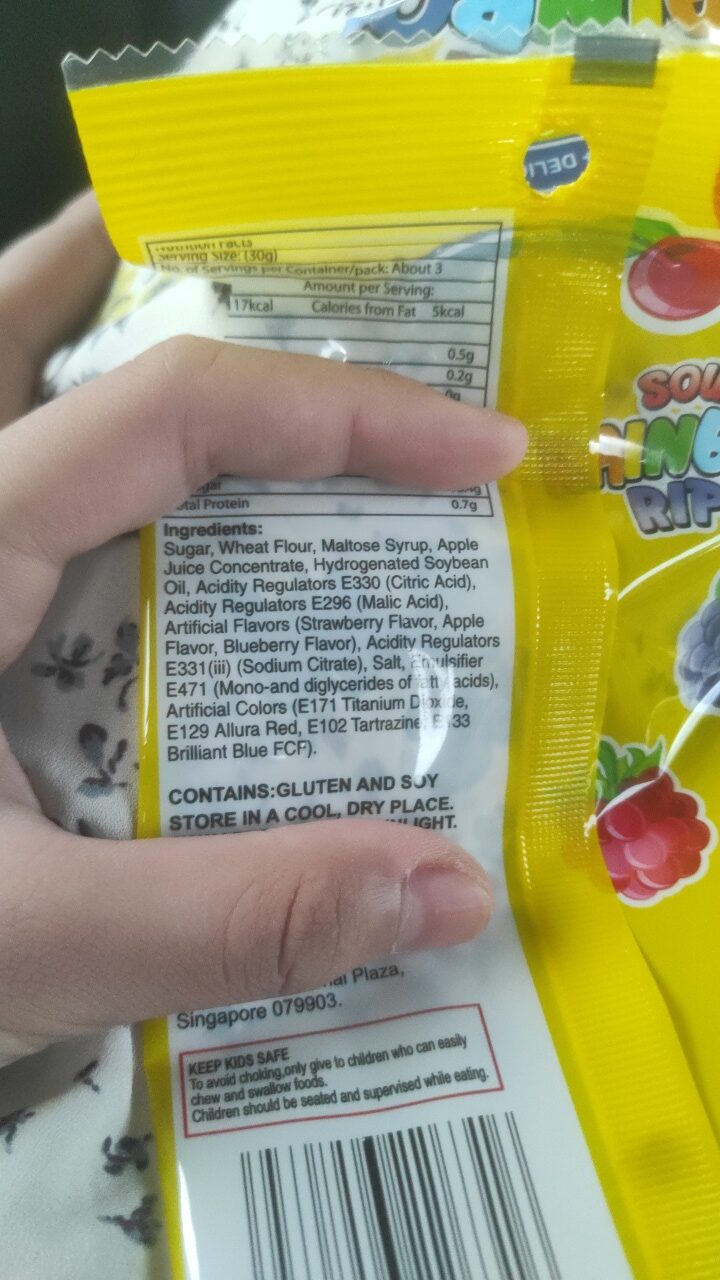
Barcode: 6936756226316
unknown
DOUBTFUL
📝 Reason: The product contains several ingredients with doubtful Halal status due to unspecified sources, potential alcohol-based solvents in flavors, and synthetic additives. Islamic dietary laws require clear Halal certification for doubtful ingredients, especially those derived from animals or containing alcohol. Quran 5:3 prohibits consuming doubtful things.
📄 Certificates: None
Ingredients:
Details
Understanding the Halal Status of Unknown Product
When it comes to dietary choices, understanding whether a product is Halal is crucial for many consumers, particularly those adhering to Islamic dietary laws. In this post, we will explore the Halal status of the “Unknown” product, which is currently categorized as doubtful in its Halal certification. This product contains several ingredients that raise concerns regarding their sources and processing methods. We will delve into the details of its ingredients and E-numbers to understand the implications for Halal compliance.
Ingredients Breakdown
The main ingredients of the Unknown product include sugar, wheat flour, maltose syrup, and various flavorings. Here’s a closer look at these ingredients:
- Sugar: Generally considered Halal unless derived from Haram sources.
- Wheat Flour: A plant-based ingredient, widely accepted as Halal.
- Maltose Syrup: Derived from starches and generally Halal.
- Apple Juice Concentrate: A fruit-based product that is typically Halal.
- Hydrogenated Soybean Oil: Usually Halal unless cross-contaminated with Haram substances.
Doubtful Ingredients
While several components are generally accepted as Halal, others in the formula are considered doubtful:
- Strawberry, Apple, and Blueberry Flavors: These flavors raise concerns due to potential alcohol-based solvents used in their extraction. Therefore, their Halal status is questionable.
- Emulsifier: Without a clear source, this ingredient also falls into the doubtful category.
- Mono-and Diglycerides of Fatty Acids (E471): This ingredient could be sourced from animals, making it potentially non-Halal.
- Titanium Dioxide (E171): Sad to note, but processing concerns cast doubt on its Halal status.
- Allura Red (E129), Tartrazine (E102), and Brilliant Blue FCF (E133): These synthetic dyes are doubted due to their origins and possible health concerns.
Analyzing E-Number Status
To further understand the Halal implications, let’s review the E-numbers in detail:
- E330 (Citric Acid): Generally Halal, often derived from fruits.
- E296 (Malic Acid): Usually Halal with no concerns.
- E331 (Sodium Citrate): Typically Halal, derivations confirming this are available.
Some ingredients, particularly those with E-numbers, have undergone rigorous scrutiny. However, the doubtful ingredients raise significant concerns. According to Quran 5:3, consuming doubtful items is prohibited, urging consumers to be cautious.
The Importance of Halal Certification
Knowing the Halal status of products can impact dietary choices and lifestyle. The lack of clear Halal certification for the Unknown product highlights the importance of transparency in ingredient sourcing. Such uncertainty can deter Muslim consumers who prioritize adherence to dietary laws.
The Role of Brands and Categories
While we do not currently have brand specifics or certifications tied to the Unknown product, the overarching theme remains the same: consumers must feel assured about the Halal status of what they consume. In a world where transparency is key, having insight into the certification processes allows consumers to make informed decisions.
Conclusion
In conclusion, the Unknown product is marked as doubtful in terms of Halal certification due to several questionable ingredients. As halal-conscious consumers, it is essential to investigate the sources of all ingredients, and when in doubt, choose products with clear Halal certification. Always refer back to trusted Halal sources and guidelines to ensure your dietary choices align with Islamic laws.

